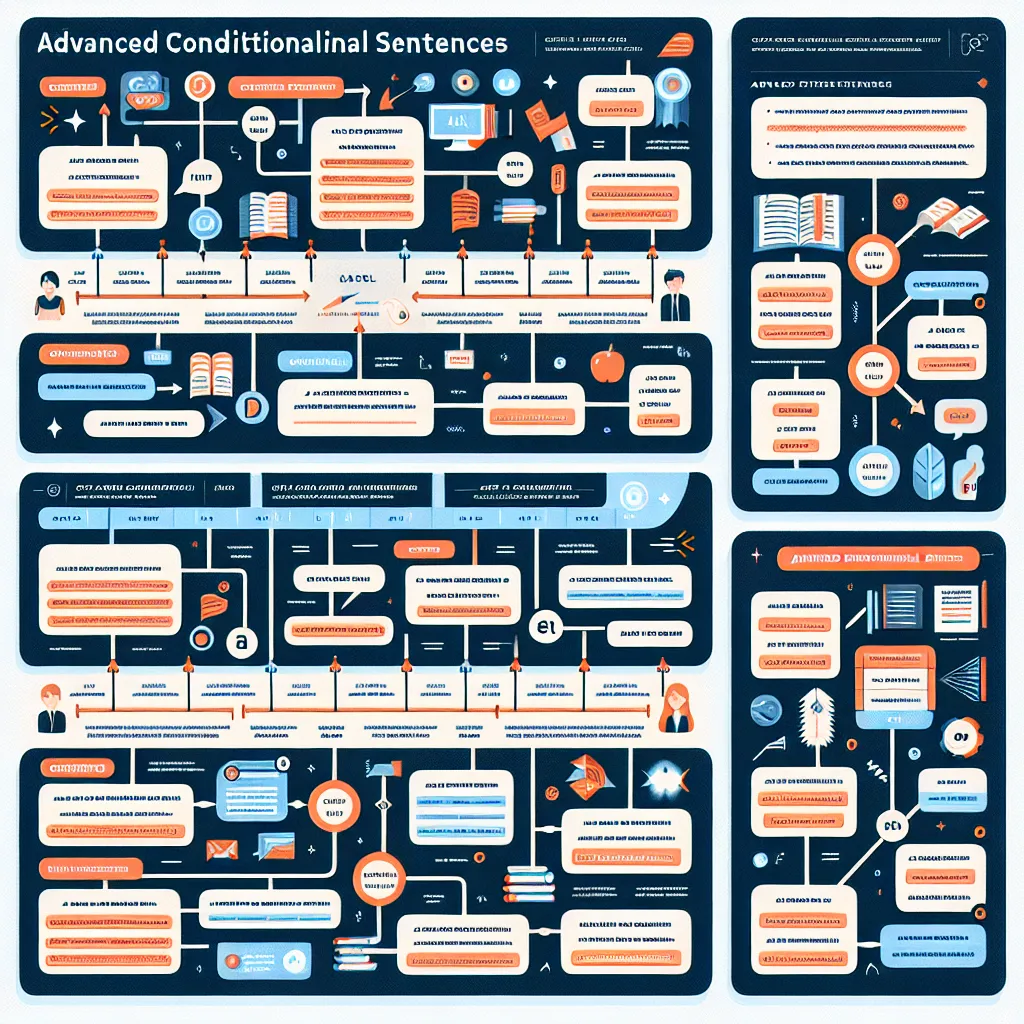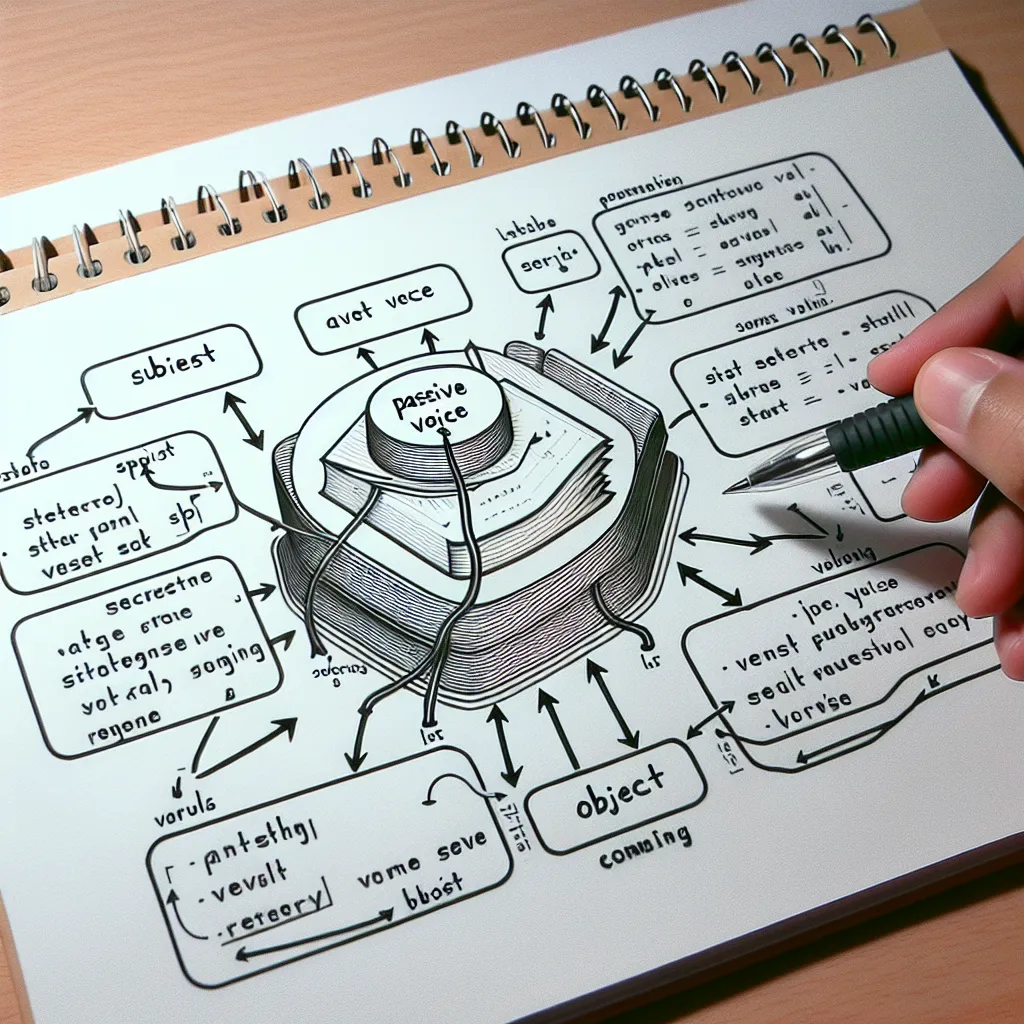Learning English grammar doesn’t have to be expensive or resource-intensive. With the right strategies and a bit of creativity, you can effectively improve your grammar skills using minimal resources. This article will guide you through practical and cost-effective methods to enhance your English grammar proficiency.
Understanding the Importance of Grammar Practice
Grammar is the backbone of any language, and English is no exception. It provides the structure and rules that allow us to communicate clearly and effectively. By practicing grammar, you’ll be able to express yourself more accurately and confidently in both spoken and written English.
 English grammar practice with minimal resources
English grammar practice with minimal resources
Free Online Resources for Grammar Practice
Websites and Apps
There are numerous free websites and mobile applications dedicated to English grammar practice. Some popular options include:
- Duolingo: Offers interactive grammar lessons and exercises.
- Grammarly: Provides a free version that checks your writing for basic grammar errors.
- British Council’s Learn English: Offers a wide range of grammar resources and exercises.
These platforms provide structured lessons, quizzes, and instant feedback, making them excellent tools for self-study.
YouTube Channels
YouTube is a treasure trove of free English grammar lessons. Channels like “English with Lucy,” “engVid,” and “mmmEnglish” offer comprehensive grammar explanations and practice exercises. You can pause, rewind, and replay videos as needed, making it an excellent resource for self-paced learning.
Utilizing Everyday Items for Grammar Practice
Newspapers and Magazines
Reading materials you already have access to, such as newspapers or magazines, can be valuable grammar practice tools. Try these exercises:
- Identify different parts of speech in an article.
- Rewrite sentences using different tenses.
- Find and correct intentional grammar mistakes in headlines.
TV Shows and Movies
Watching English-language TV shows and movies with subtitles can significantly improve your grammar skills. Pay attention to the sentence structures and tenses used in dialogues. Try to pause and repeat sentences, focusing on their grammatical components.
Creating Your Own Study Materials
Flashcards
Make your own grammar flashcards using index cards or even scraps of paper. On one side, write a grammar rule or concept, and on the other, provide an example sentence. Review these regularly to reinforce your learning.
Grammar Journal
Start a grammar journal where you write down new grammar rules you learn, along with example sentences. This active learning approach helps cement the concepts in your mind.
Practice Through Writing and Speaking
Daily Writing Practice
Set aside time each day to write a short paragraph or journal entry. Focus on using specific grammar structures you’re learning. Over time, you’ll notice improvements in your writing fluency and accuracy.
Speaking Practice
Find a language exchange partner online through platforms like Tandem or HelloTalk. Practice speaking, focusing on using correct grammar. Even if you don’t have a partner, talking to yourself in English can be beneficial. Describe your day or narrate your actions using proper grammar.
Maximizing Learning from Mistakes
Self-Correction
After writing or speaking, take time to review and correct your own mistakes. This self-reflection is a powerful learning tool. Use free online grammar checkers to help identify errors you might have missed.
Learning from Feedback
When you receive corrections from native speakers or teachers, don’t just note the correct form. Try to understand why it’s correct and how the grammar rule applies. This deeper understanding will help prevent similar mistakes in the future.
Incorporating Grammar into Daily Life
Label Items in Your Environment
Place sticky notes with English labels around your home or workspace. Include not just the noun, but a full sentence using the item in context. For example, “This is a lamp. It provides light.”
Mental Translations
As you go about your day, try to mentally translate your thoughts or observations into English, focusing on using correct grammar. This constant practice will help make proper grammar more intuitive.
Conclusion
Practicing English grammar with minimal resources is not only possible but can be highly effective. By leveraging free online tools, everyday items, and creative learning strategies, you can significantly improve your grammar skills without spending a fortune on textbooks or courses. Remember, consistency is key. Make grammar practice a daily habit, and you’ll see remarkable progress over time.
For more tips on learning English effectively, check out our article on how to learn English through art and creativity. You might also find our guide on using English media for language improvement helpful in your language learning journey.




